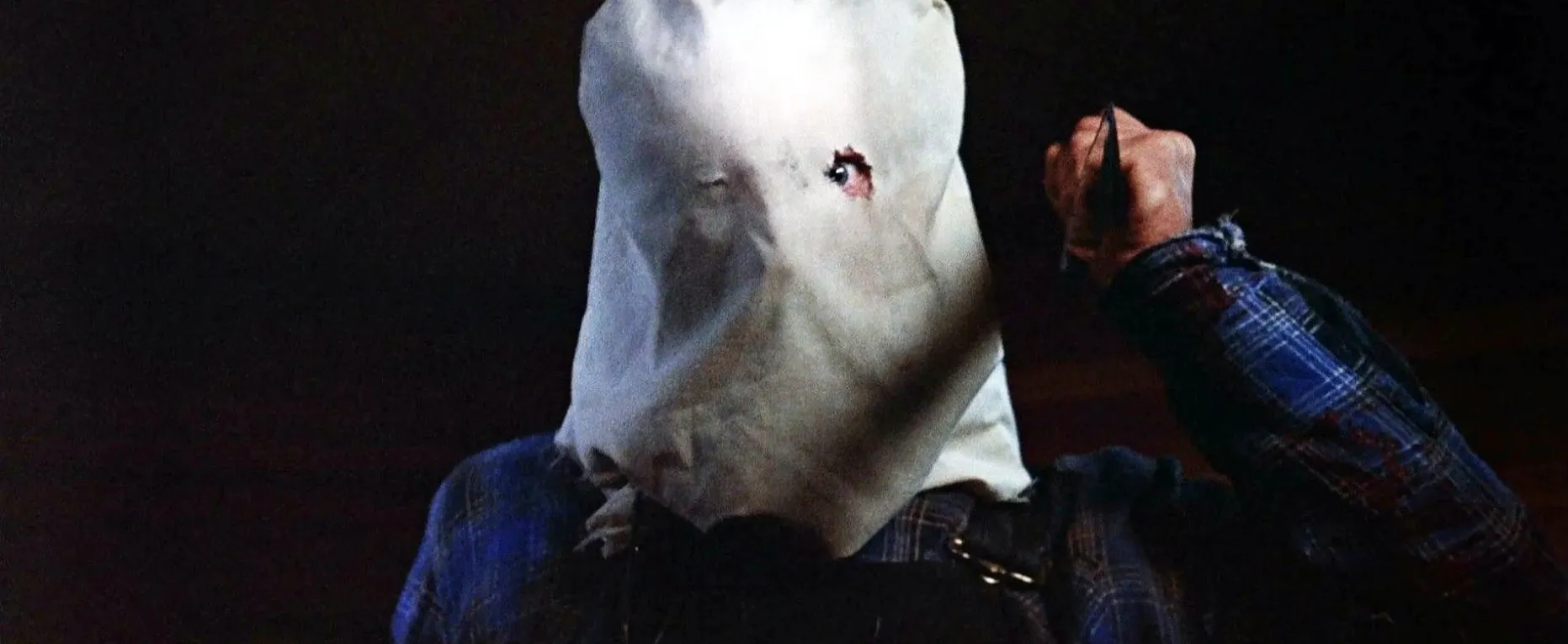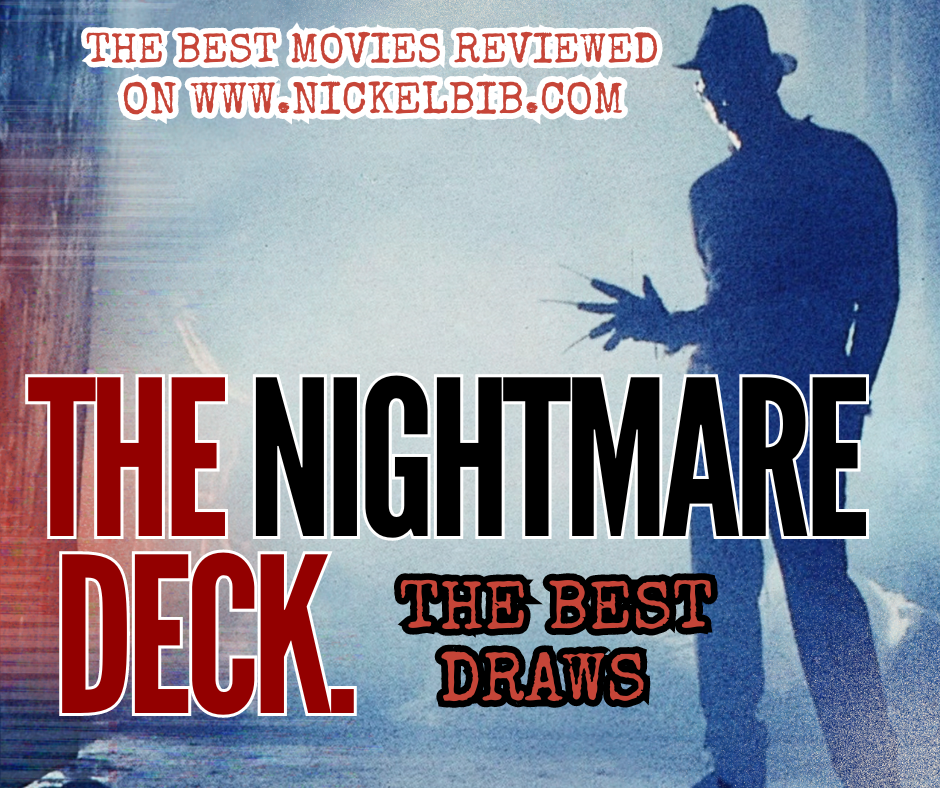Although I’ve written a lot of reviews over the span of the last five years, many films fall beneath the cracks and don’t receive my acknowledgment. This isn’t so much about them getting the shaft as it is several different things. Sometimes I watch a lot of films and, because of that, I fail at imparting my opinion before said film falls so deep in the backlog, I couldn’t imagine trying to share my thoughts on it so far after I last watched it.
I re-watched House of 1,000 Corpses recently and with the eventual release of “Three From Hell”, I’ve decided it is as right a time as ever to crack my knuckles and share my thoughts. There has always been a lot of naysayers when it comes to Rob Zombie and his work in the film-industry. Personally, I always stood in vague support of Rob Zombie, particularly his film The Devil’s Rejects, and even if they had their issues, I enjoyed a lot of the ideas had in his Halloween reboot series, particularly Halloween II, which I found messily intriguing, a theme for many of Zombie’s films. Does Rob Zombie’s debut directorial effort speak well of the career soon to come? Here are my thoughts …
When I was younger, I first saw “Corpses” without even knowing who directed the film or who Rob Zombie was. All I remembered about the film was a scene involving Dwight Shrute being turned into a mermaid (I didn’t know who Raine Wilson was back then either), which was the stuff of nightmares in my youth. In the film, two young couples are traveling across the backwoods of Texas in search for urban legends of murder. An appropriate description of what happens next would be a direct line from the film, “The boogeyman is real, and you’ve found him.”
If you’ve watched Rob Zombie films before, you’re likely to recognize many of the actors featured in the film. There’s his wife Sherri Moon Zombie, the clown-faced Sid Haig, and Bill Moseley, for instance.
House of 1,000 Corpses hails some of Rob Zombie’s signature quirks and many of critics’ most vocal criticisms. The film is comprised of very unlikable characters and excess. Regardless, something positive I can say about the film is that it’s visually on-point and is brimming with interesting, unique ideas. Where it circles back to though, is that, while it shows a lot of ideas, it tries to wedge too many of them into the film.
The film carries a fever-dream method of storytelling that finds it strangely alluring, even in its most nonsensical shots. Corpses could have been amounted to a tauter, more cohesive film had its ideas been delivered in a more disciplined, mature light. Perhaps the fault is ambition and excitement, but as interesting as some of the ideas were, many were given too little chance to breathe. Characters like Dr. Satan carried presence and mystique, but the way they’re presented feels so disheveled and unkempt I feel like they aren’t allowed to spread their wings, so to speak.
House of 1,000 Corpses expresses Rob’s love for the macabre, as well as his many influences, whether it be Hammer or old-school Universal Monster movies, or the clear inspiration taken from Tobe Hooper’s Texas Chainsaw Massacre and its sequel. Something that occurred to me while watching for this review is how much Otis’ character reminds me of “Chop Top” from The Texas Chainsaw Massacre 2 (which I hadn’t seen when I first watched Corpses), only to discover he’s even played by the same actor. As much as I can appreciate and respect how passionate he is about these, I can’t help but feel the countless scenes dedicated to them and all the clear influences, ultimately take away time that could have further fleshed out the characters and discredit the film’s individuality.
Some things I want to single-out about the film are the score and makeup-effects, which I thoroughly enjoyed. Certain scenes standout in how they show Rob Zombie’s potential, I believe: one in-particular sees a policeman murdered as “I Remember You” by Slim Whitman plays in the background. The hanging shot before the handgun goes off is, I think, an appropriate way to describe some of what I felt of this film. I can see where his mind is at, he has an idea for what he wants to do, but he doesn’t yet have the technique or concision to bring the most out of his ideas; he doesn’t know when to pull the trigger or kill a scene.
House of 1,000 Corpses isn’t the worst debut film from a director by any stretch. It’s wonderful to see how enthused every scene feels and if you approach it with that learning curve, you’ll find a lot of gems hidden in the rubble. It remains, however, that the film is faulted by bad dialogue and frivolous scenes that feel at war with one another, never truly committed to a final product.





